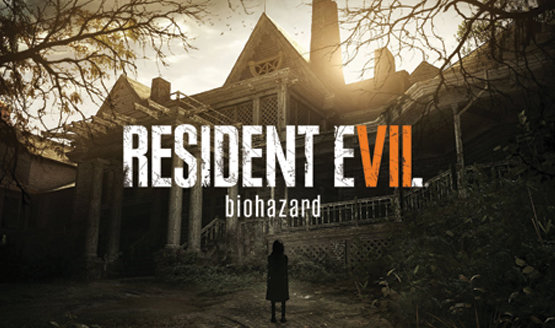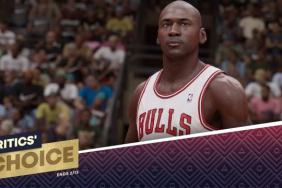Hold on to your butts; Resident Evil, gaming’s undisputed king of survival horror, is coming to PlayStation VR.
In a year when Capcom’s nerve-shredding icon is celebrating its 20th anniversary, E3 2016 brought news that the next numbered entry in the series, Resident Evil 7 (or RESIDENT EVII. biohazard, or Biohazard 7: Resident Evil or even BIOHA7ARD), can be played from beginning to end in virtual reality.
For a medium still in its infancy, it’s a massive coup. Though it may have strayed from its dark, putrid roots with recent outings, placing action first and horror second, Resident Evil is one of the industry’s few video game properties that transcends the line between niche and mainstream — thanks, in part, to Screen Gems’ divisive live-action movies.
Horror Comes Home
And now, two decades since Shinji Mikami’s humble original spawned a new era of survival horror on PlayStation, Capcom’s seemingly evergreen juggernaut is primed for a long-anticipated franchise revival.
What ensures Resident Evil 7 is such a natural fit for Sony’s soon-to-be-released device is that, for the first time in the series, the sequel will be built around a first-person perspective, placing budding explorers smack bang in the epicentre of horror.
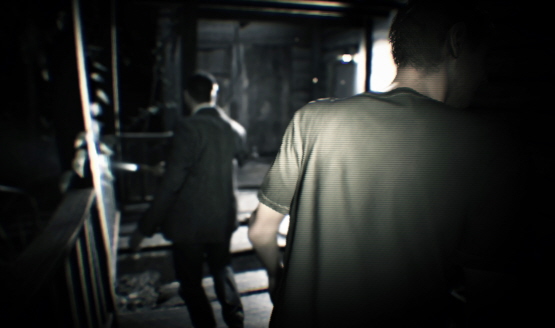
Going one step further, there’s more than a whiff of P.T. emanating from Resident Evil VII — the relentless atmosphere, the it’s-available-to-play-right-now moment, the enticing secrets — but in making the horror sequel “fully compatible” with PSVR, Sony and Capcom have lent the platform an early trump card in the form of an immersive, story-driven experience.
Because what’s a cutting-edge piece of hardware without the requisite software to harness its inherent horsepower? It’d be foolish to discount the exhilarating promise of Eve: Valkyrie, not to mention the oddball humor found in 100ft Robot Golf, but few franchises boast the production values and indeed gaming heritage of Resident Evil.
Road to Virtual Reality Greatness
Could Sony’s third-party partnership with Capcom be a sign of things to come? At least for now, PlayStation VR’s launch library consists of bite-sized experiences in the vein of Batman: Arkham VR and Rez Infinite, a nostalgic remaster that heralds the return of a cult rail shooter. Toss in the promise of VR support for Polyphony’s Gran Turismo Sport and Impulse Gear’s sci-fi shooter Farpoint and you have the makings of a relatively strong library, even if the latter is yet to pin down an official release date.
Resident Evil 7, then, represents one of the first blockbuster AAA titles to incorporate VR support into a single-player campaign. There’s no questioning GT Sport’s AAA credentials, but I’m talking about an intense white-knuckle ride of a story that has that PS VR strapped to your head for upwards of 15 hours — with a healthy amount of breaks in between, of course. That’s a point of contention that will no doubt come to the fore closer to January, and it’ll be fascinating to see not only how players react to such an intense VR experience, but also whether it encourages other developers to craft fully-fledged, first-person campaigns.
For now, we’ll leave questions of feasibility and motion sickness to the Powers That Be. Upon lifting the curtain on Biohazard at Sony’s E3 presser, Capcom also revealed that the much-touted Kitchen VR demo had in fact been something of a teaser for Resident Evil 7. A harbinger of things to come, if you will.
Last year’s “Kitchen” tech demo for PlayStation VR was in fact built on this new engine as well. With the RE Engine plus industry leading audio and visual technologies, you experience every abhorrent detail up close and personal in Resident Evil 7. Compatibility with PlayStation VR escalates the unsettling feeling of presence to a level that horror fans have never experienced.
That final sentence is the real kicker — amplifying the immersion to “a level that horror fans have never experienced.” Could Biohazard prove to be as much a benefactor to PlayStation VR as it is to the Resident Evil series itself? At its very best, Resident Evil is often imitated and rarely equaled, but as we mentioned before, that trailblazing terror has become lost amid a sea of interconnected stories and heavily-scripted action set pieces.
Now, as Capcom readies its franchise to enter the “third era” of Resident Evil games, the seventh numbered entry heralds some much-needed fresh blood, and the addition of PSVR support — thanks to Sony’s investment — comes as a surprising, tantalizing and ruddy terrifying bonus.
Entering the Third Era
Our own hands-on (head-on?) time spent in the title’s dark and twisted virtual reality revealed a reactive, dynamic experience that crafts a horror experience around the player — lean in closely to inspect an artefact, for example, and the game will respond to your no doubt skittish body movement — as opposed to simply plumping you down in a horrific scenario without a paddle.
For longtime fans, it has been championed as a step in the right direction and though many questions still remain — how will combat work in virtual reality? — Resident Evil 7 is shaping up to be one of the very first marquee (must-own?) titles for PlayStation VR.
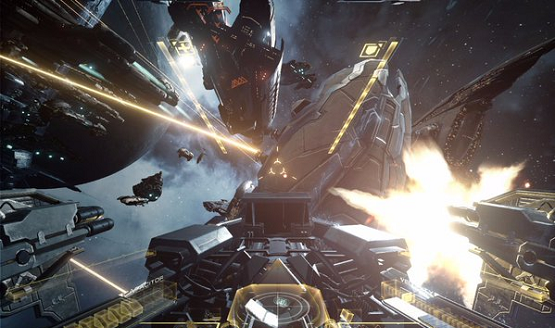
Indeed much like cockpit shooters, first-person horror experiences are a natural fit for virtual reality, and while developers such as Insomniac have experimented with third-person VR titles — a trend that will no doubt continue as the medium takes its formative steps into the market — there’s something to be said about the innate compatibility of FPXs. Experiences like Adr1ft, Eve: Valkyrie and even Farpoint showcase plenty of promise; plus, Sony has bolstered its development resources in anticipation of PSVR, with the formation of North West Studio standing as one of the biggest statements of intent.
Of course, it’s early, early days for PlayStation VR and until Sony’s bleeding-edge hardware descends on the market, there’s only so much we can hypothesize about its immediate future. Take nothing away from Resident Evil 7’s unveiling and VR support, though, and if Capcom’s franchise reset lives up to early expectation, we ought to be revelling in a new breed of terror early next year.
Resident Evil VII will unleash a biohazard like no other when Capcom’s sequel launches across PS4, Xbox One and PC on January 24, 2017.
Essential Reading:
- Upcoming PS4 Games of 2016 Roundup
- Best Digital PS4 Games of the First Half of 2016
- The Clickbait Podcast Ep. 20 – Is Tomb Raider More Fun Than Uncharted?
Best PS4 Retail Games of 2016 So Far
-
Best PS4 Retail Games of 2016 So Far
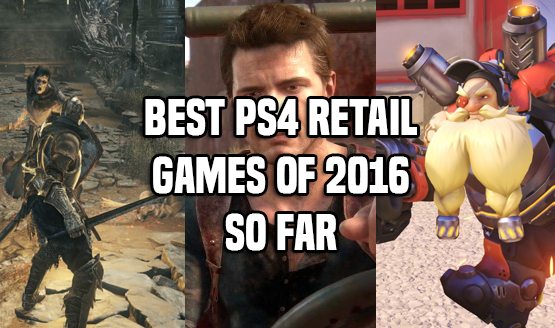
-
Dark Souls III
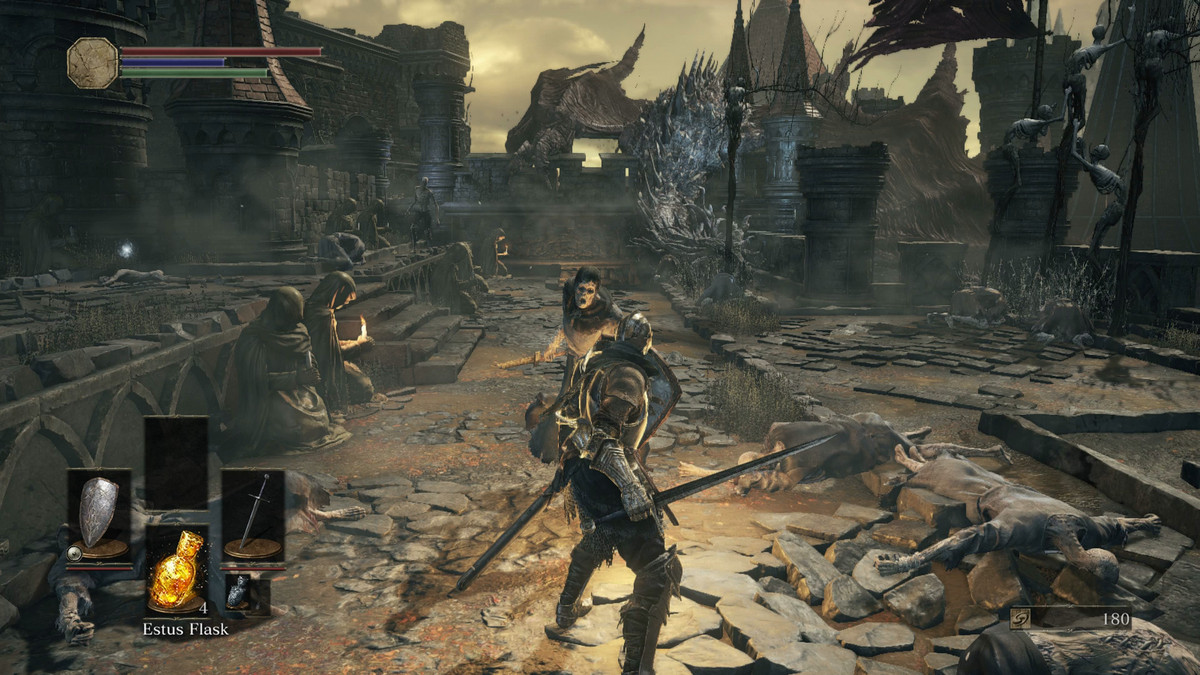
Good news for gamers is that From Software seems to never take a break. The studio released Dark Souls III earlier this year, and it was basically everything that fans wanted. Unlike Bloodborne, there's a more deliberate pace to combat and a ton of character customization. It will be exciting to see what the studio does next, but for now I'll keep playing Dark Souls III.
-
DOOM

It's 2016 and Id Software just made an awesome DOOM game. That's wild. The latest game in Id's most famous series had no right to be as good as it was, but its campaign was spectacular. Throw in some solid multiplayer that keeps getting better over time due to SnapMap, and you have one of the best games of the year.
-
Gravity Rush Remastered
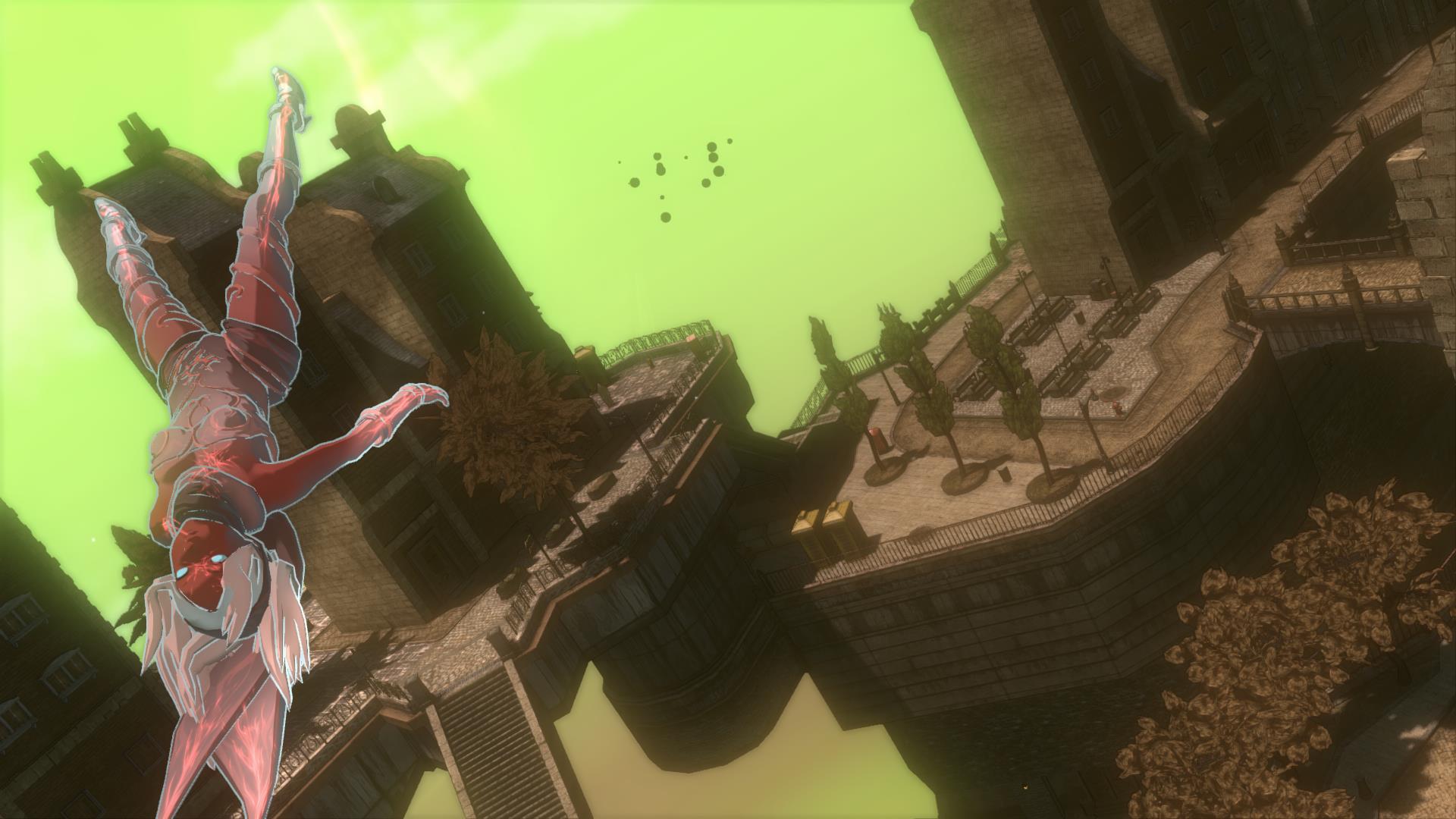
Not a lot of people played Gravity Rush on the Vita, and that's a shame. Thankfully, gamers had a chance to right that wrong when Gravity Rush Remastered came out earlier this year. Good things come to those who wait, apparently, as the game plays better with a DualShock 4, and has all of the original's DLC.
-
Guilty Gear Xrd -REVELATOR-
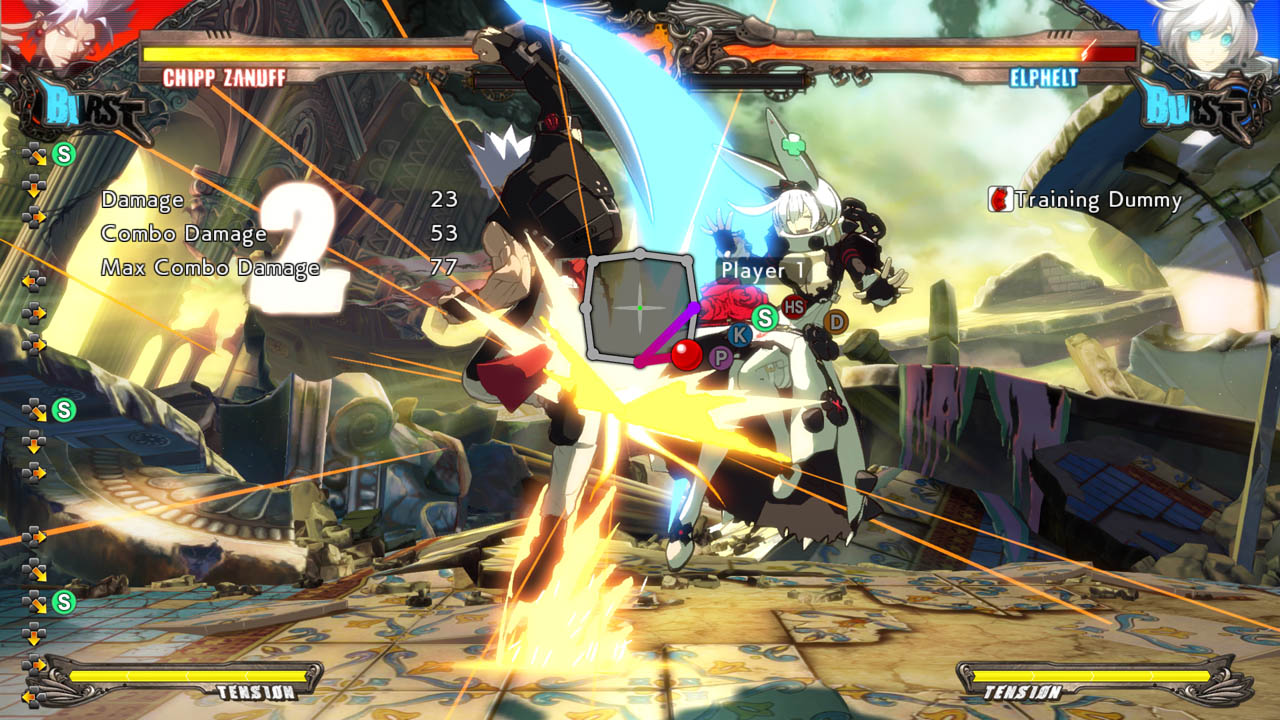
For everything Street Fighter V did wrong, Guilty Gear Xrd -REVELATOR- did it so right. Not only does the Arc System Works developed fighting game have a ton of content, it also does a fantastic job at introducing concepts and basic moves. -REVELATOR- has moved fighting games forward, and now it's up to other games to continue to make sure the genre continues to get better.
-
MLB The Show 16
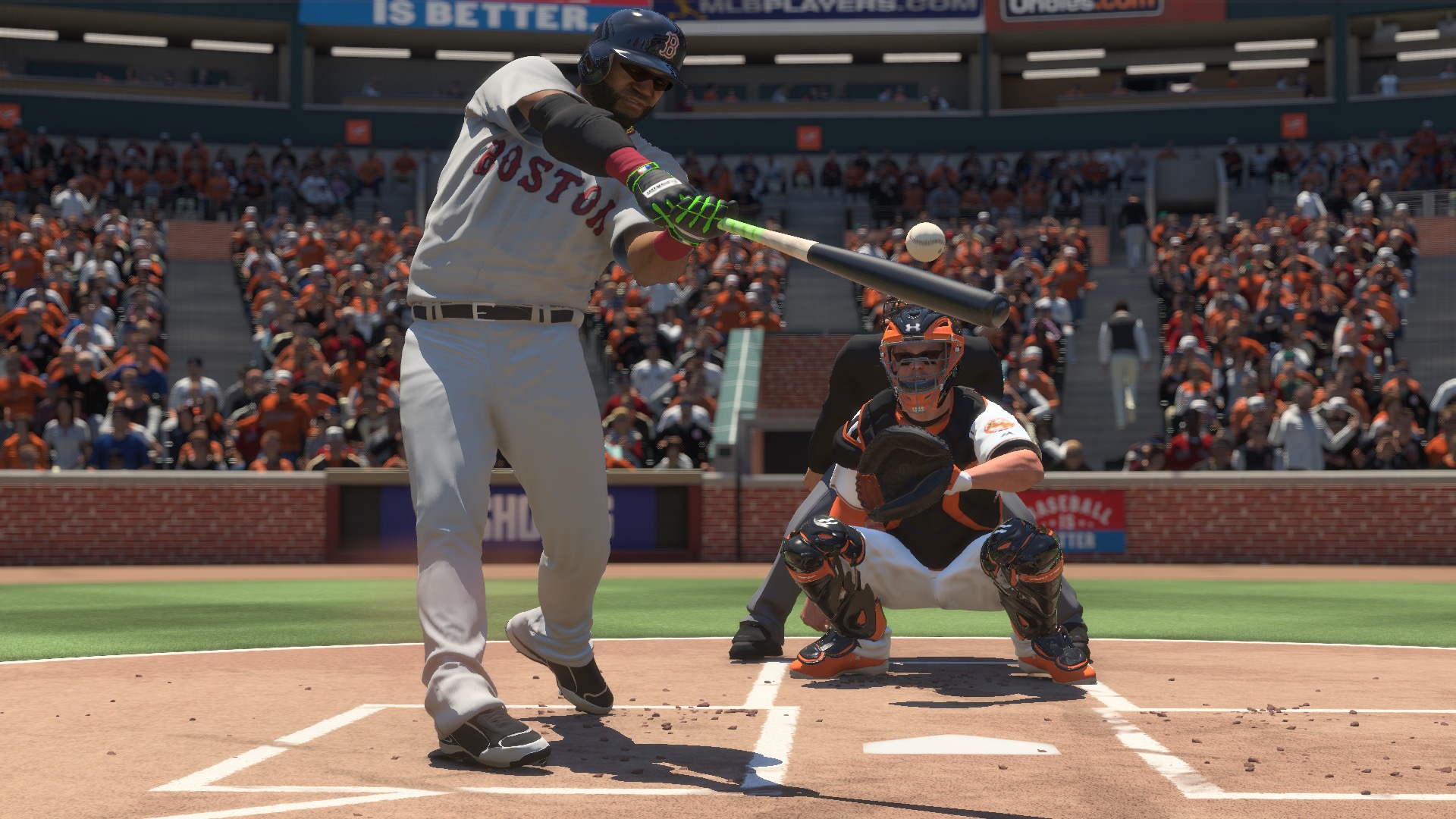
MLB The Show 16 rules. While the series doesn't get the recognition it deserves, Sony San Diego has been knocking the series out of the park for years now. It's a great baseball sim, and it somehow gets better every year. The 2016 installment is the best looking and playing version yet, and it's clear that the studio isn't resting on their laurels.
-
Odin Sphere Leifthrasir
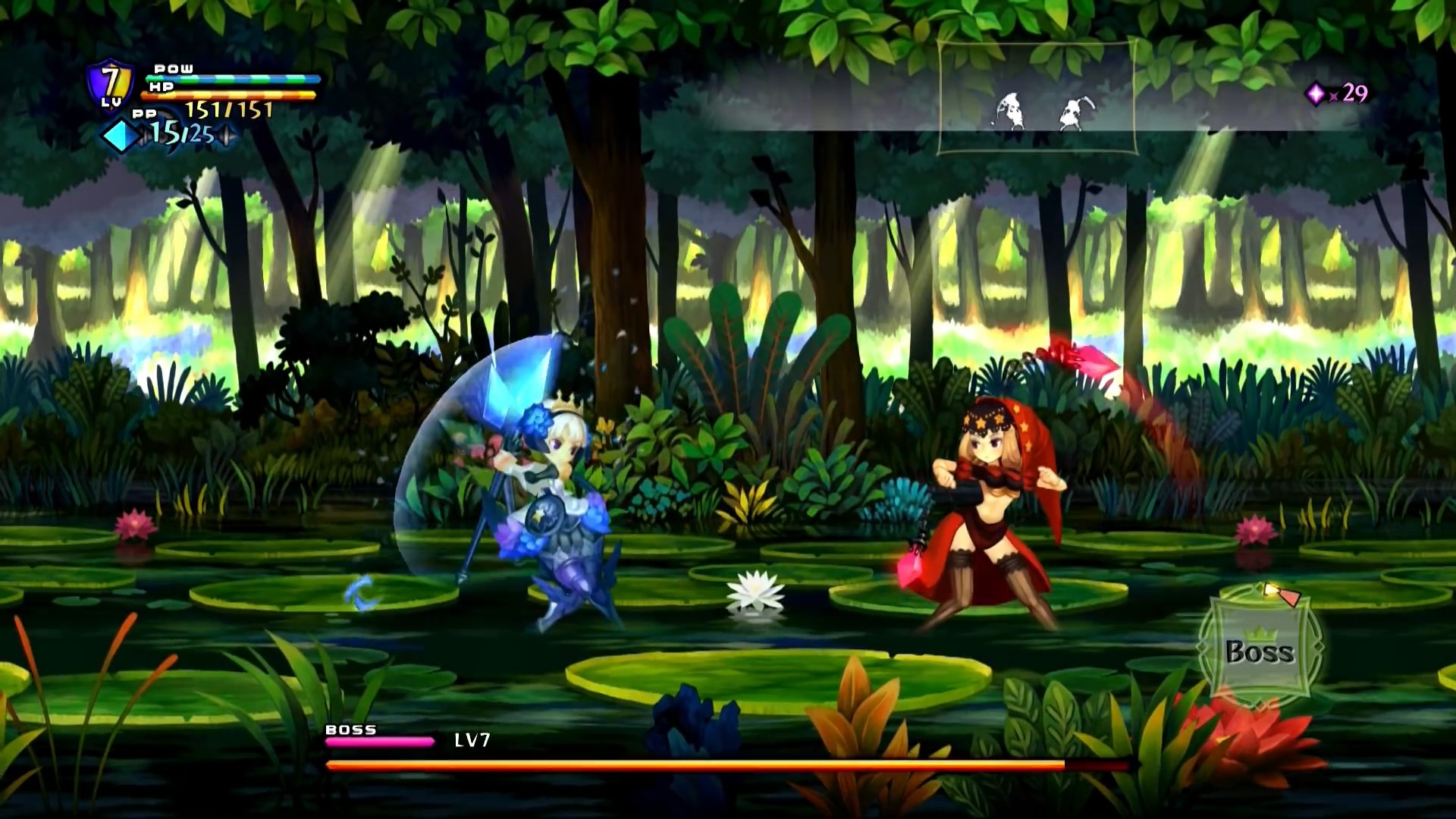
Odin Sphere Leifthrasir set a new bar for remastered games. Not only did this gorgeous HD version of Vanillaware's PS2 title fix the flaws of the original, it also added new content as well. New bosses, enhanced combat, and even the original game if players wanted to hold onto the past.
-
Overwatch
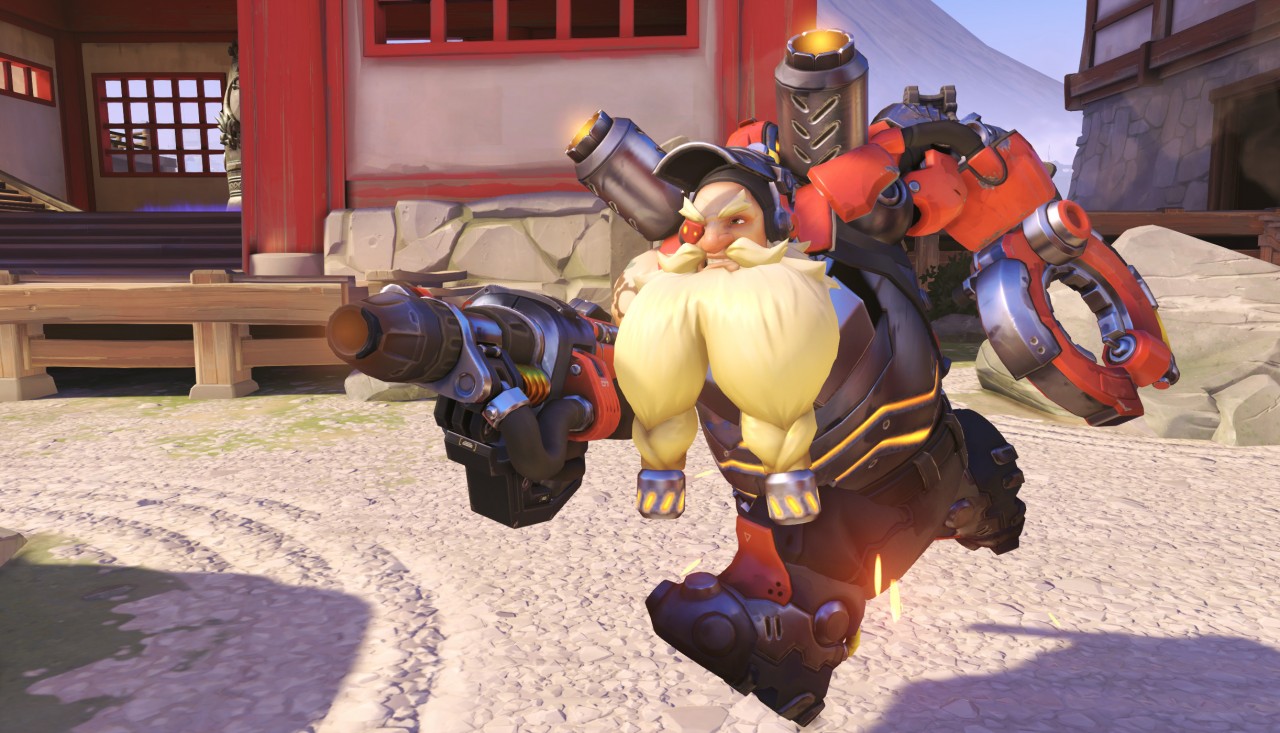
I think Blizzard might be pretty good at game development. Overwatch, the latest game from the dev behind Diablo & Warcraft, was a bold new direction for the studio but they absolutely nailed it. It's some of the best team based first-person shooting available anywhere, and it's a game that still dominates my Twitter feed. Overwatch has staying power, and Blizzard seems to be on the right track of supporting it regularly.
-
Ratchet & Clank
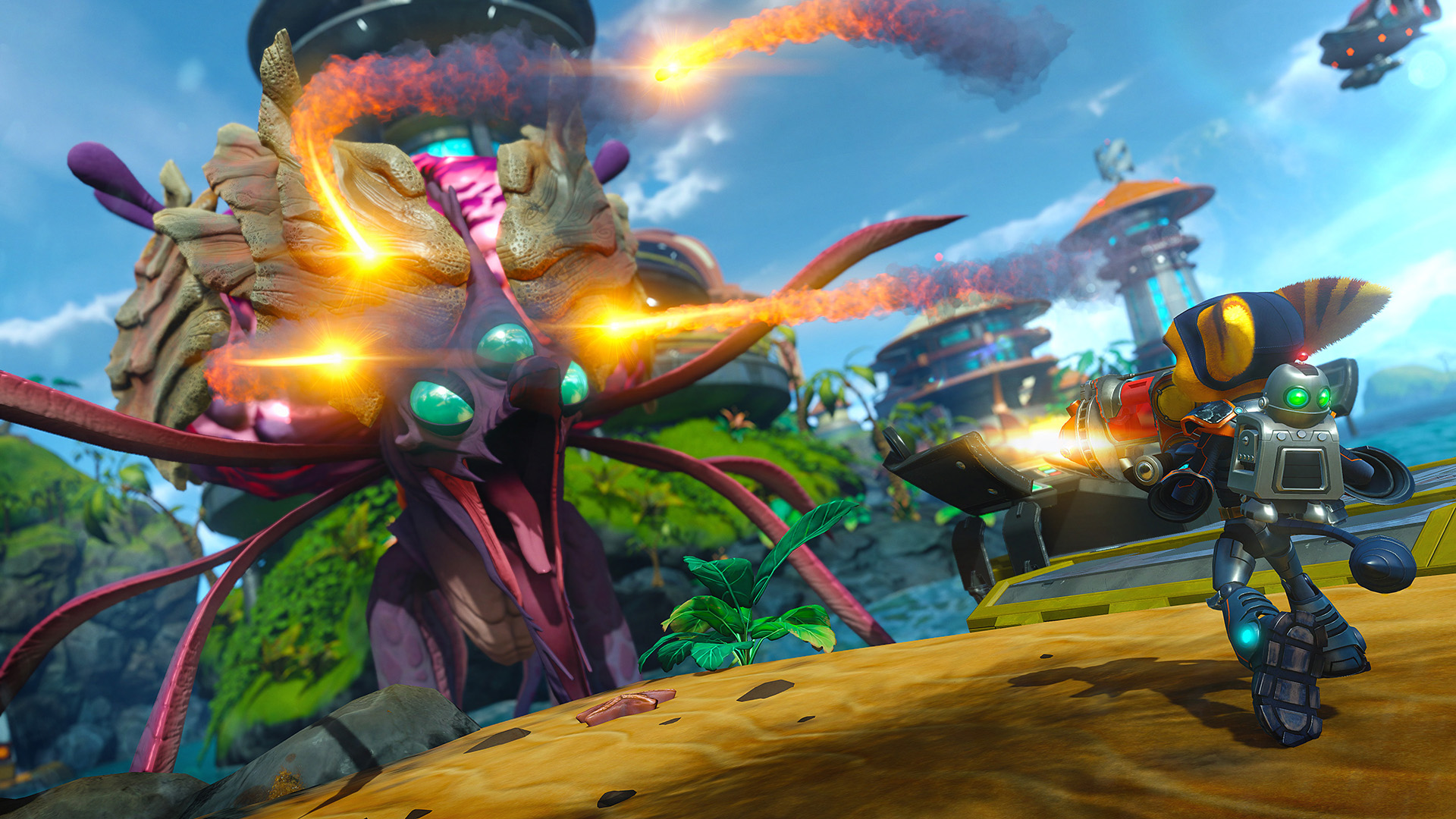
Sometimes a reboot is just what a series needed. That seems to be the case for Ratchet & Clank, as the remake of the PS2 classic did very well both critically and commercially. While it did show its age during spots (particularly during a horrible stealth segment), it also featured platforming fun that just isn't seen all that often on PS4. It's a welcomed addition to the system's library, and Insomniac really did a good job with it.
-
Trackmania Turbo
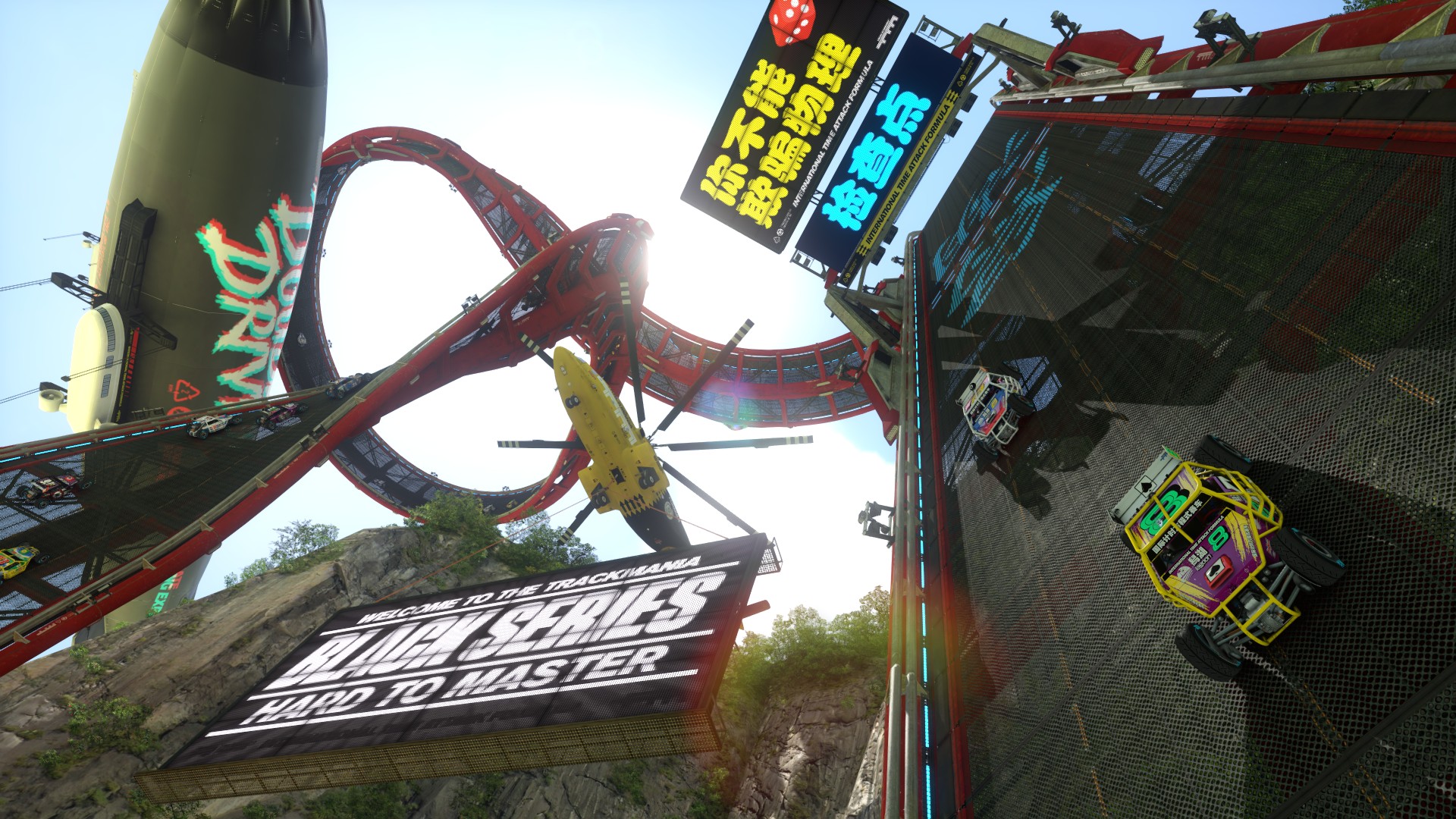
Trackmania Turbo brought Trackmania's signature brand of weirdness to consoles in a big way. Nadeo's time trial racing game has over 200 tracks on the disc, and great level creation tools for users to make even more. It's a blast online with friends, and its four distinct locales each offer up a different challenge.
-
Uncharted 4: A Thief’s End
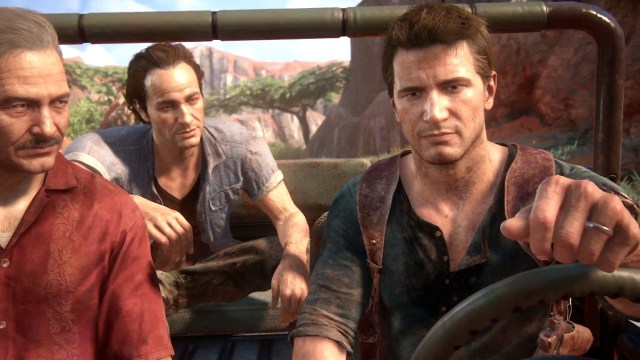
While Uncharted 4: A Thief’s End may have been largely more of the same from a gameplay perspective, it was at least really polished sameness. It also featured the best story in an Uncharted game by a mile and turned Nathan Drake into something more than a wisecracking mass murderer. Uncharted 4 was a great way to end a series that needed to go away for awhile, and now Naughty Dog can move on to exciting fresh ideas.
